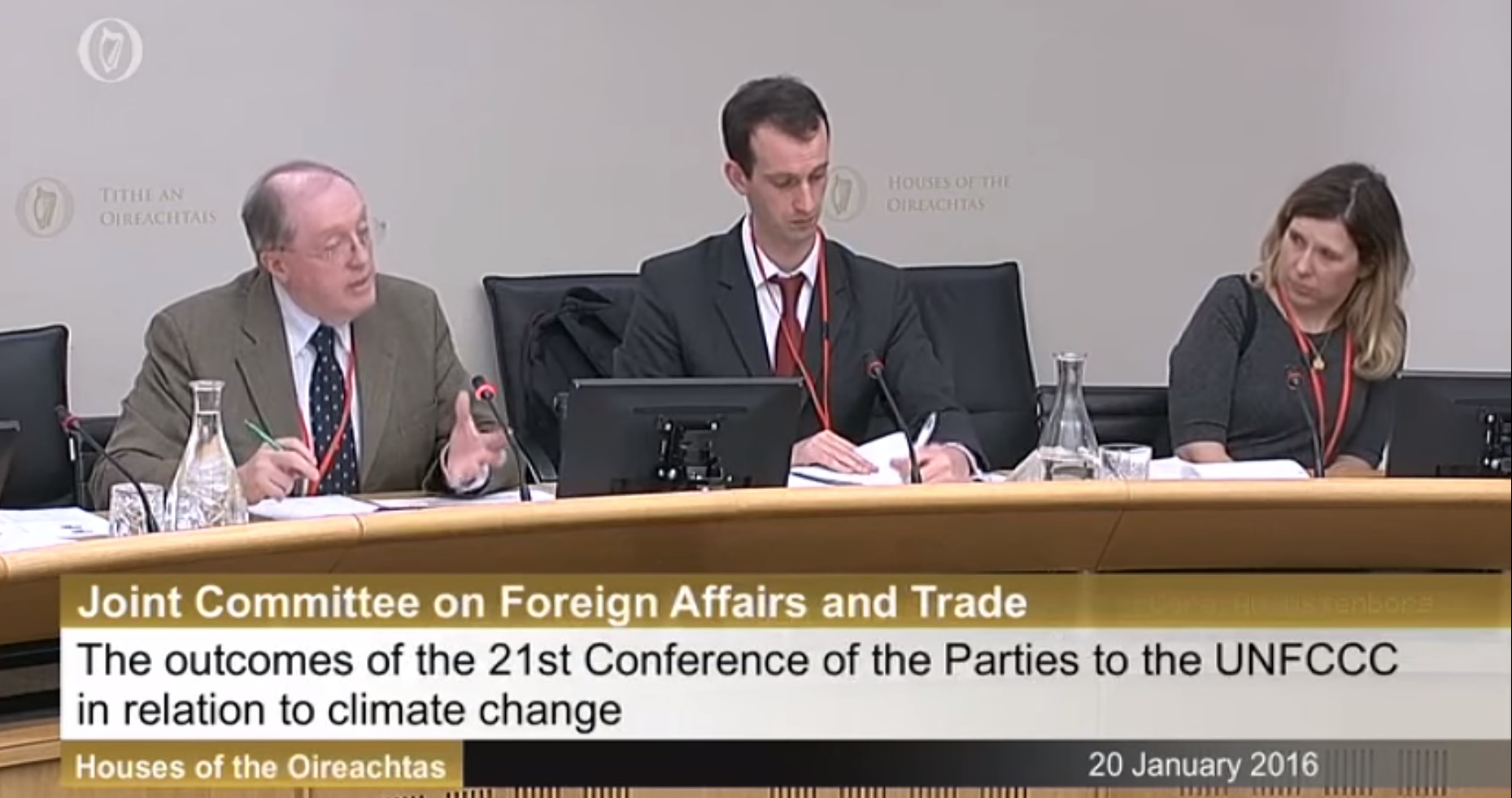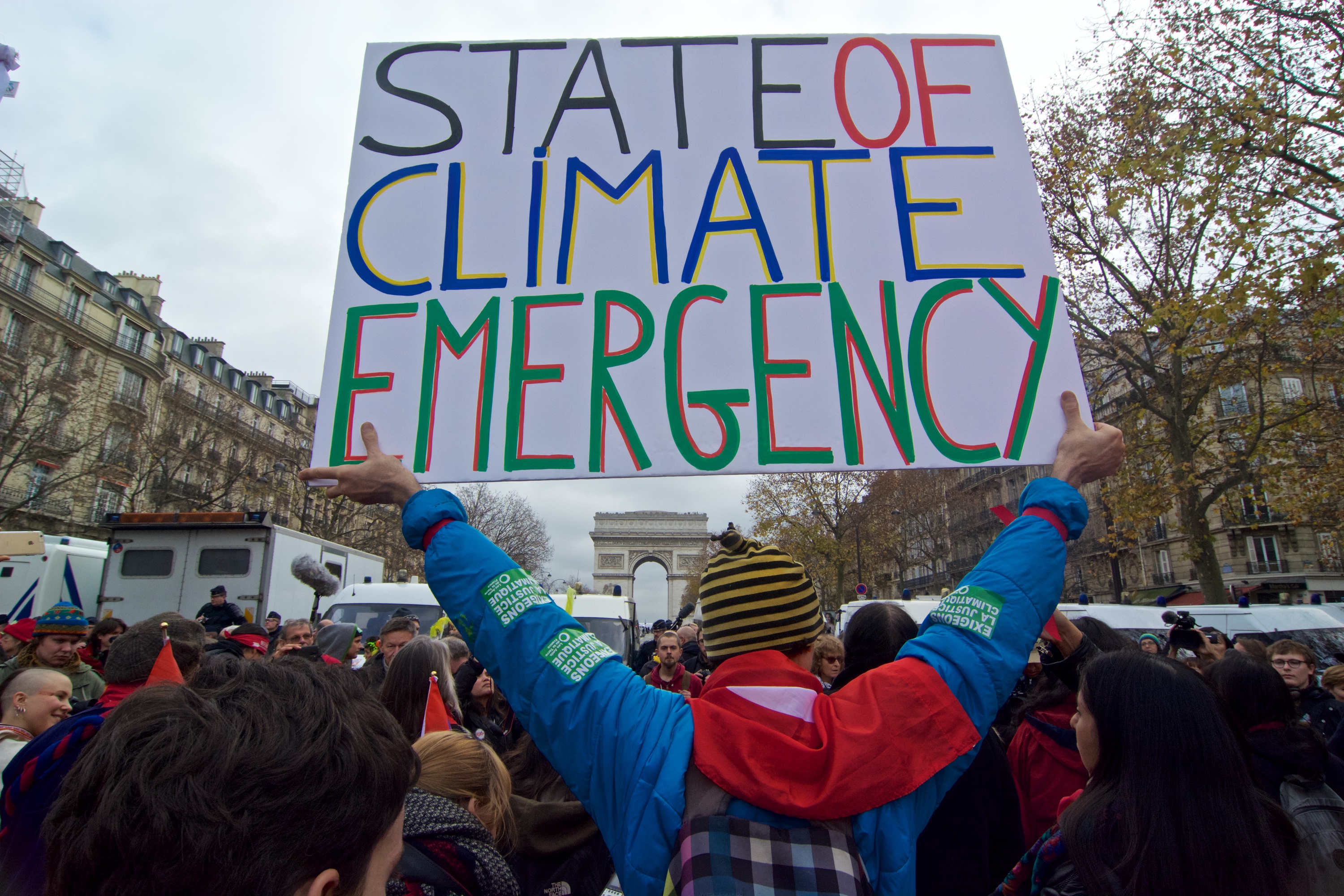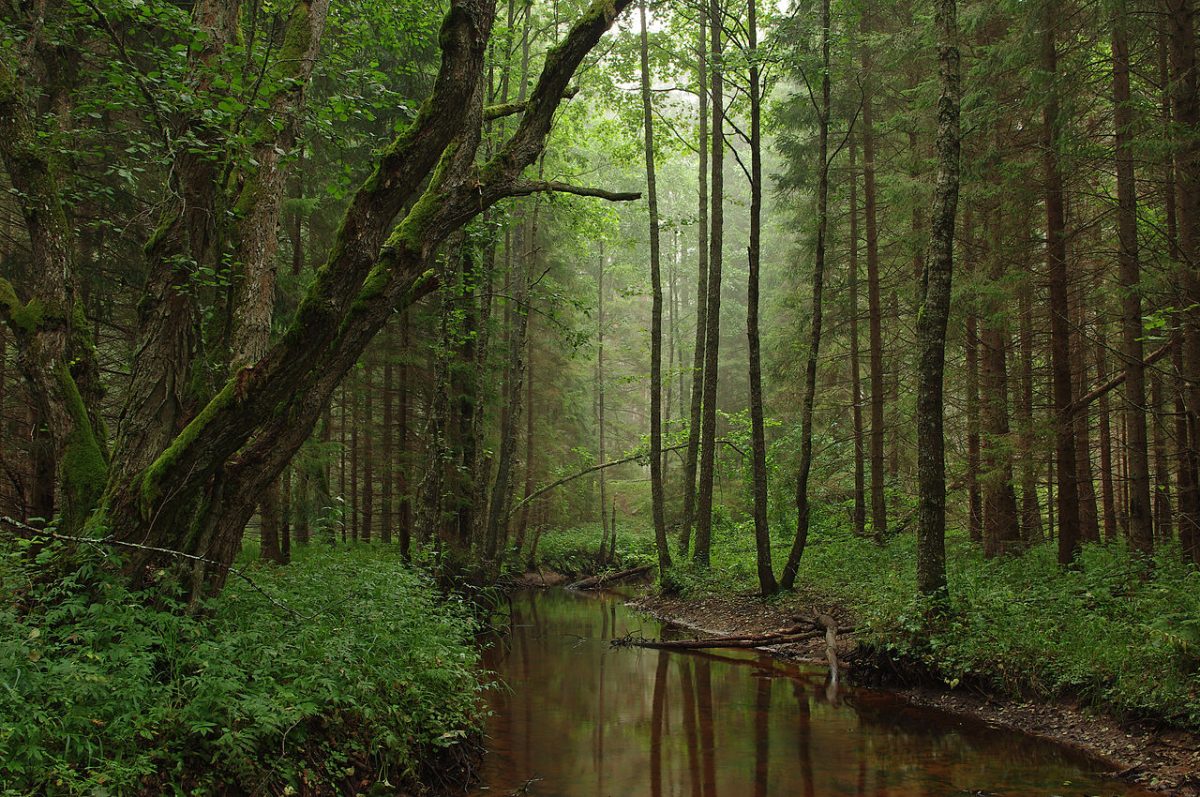Climate change may increase risk of fatal car crashes and food safety concerns

August 22nd, 2018
A US study has revealed that climate change may lead to an increase in the risk of fatal car crashes and that food safety risks will increase in extreme heat as health inspections decline.
The study, compiled by scientists at the Massachusetts Institute of Technology, examined data on police stops, food inspections, fatal vehicle crashes and food safety violations between 2000 and 2017.
The research was conducted by measuring the effect of meteorological conditions on US law enforcement across over 70 million police stops between 2000 and 2017 and across over 4 million food safety inspections between 2012 and 2016.
The research found that hot and cold temperatures increase the risk of fatal crashes and incidence of food safety violations, while also impacting the number of police stops and food safety inspections carried out.
They found that added precipitation increases the risk of a fatal traffic accident while also decreasing police stops.
By examining annual temperature projections for 2050 and 2099, the researchers found that on average police officer stops will decrease in the south of the US and increase in the north, while fatal crash risk will increase most in the south.
The trends were similar for food safety inspections and violations. The data shows that facilities commit more food safety violations in high temperatures.
It found that government workers are likely to experience “physiological and psychological” effects of environmental stress which diminishes productivity.

Earth Photo: Noah Haggerty / Pixabay
“Adverse climatic conditions harm human well-being. Hot temperatures undermine cognitive performance, reduce hours worked, and diminish overall output,” the study states.
Nick Obradovich, co-author of the study and a research scientist at MIT’s Media Lab told CNN, that “hot temperatures are basically bad for human functioning”.
Mr Obradovich said that in each of the areas studied, sleep quality, mood, mental health, the risk of suicide and work productivity are all affected by hot temperatures.
“People are more likely to have a fatal crash in hot temperatures, but also, the probability of traffic stops – the number of traffic stops that are conducted in a county on a given day when it is hot – goes down,” Obradovich said.
“We find that exposure to hotter temperatures reduces the activity of two groups of regulators—police officers and food safety inspectors—at times that the risks they are tasked with overseeing are highest,” the report said.
Mr Obradovich said that this is probably due to the fact that high temperatures allow pathogens such as E. coli and salmonella to replicate faster in warmer temperatures.
Projections for the future suggest that warming over this century may reduce “cold-season regulatory inefficiencies” and may increase inefficiencies during hotter seasons when the added public health risks from climate change are most severe.






